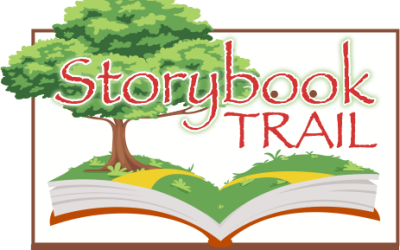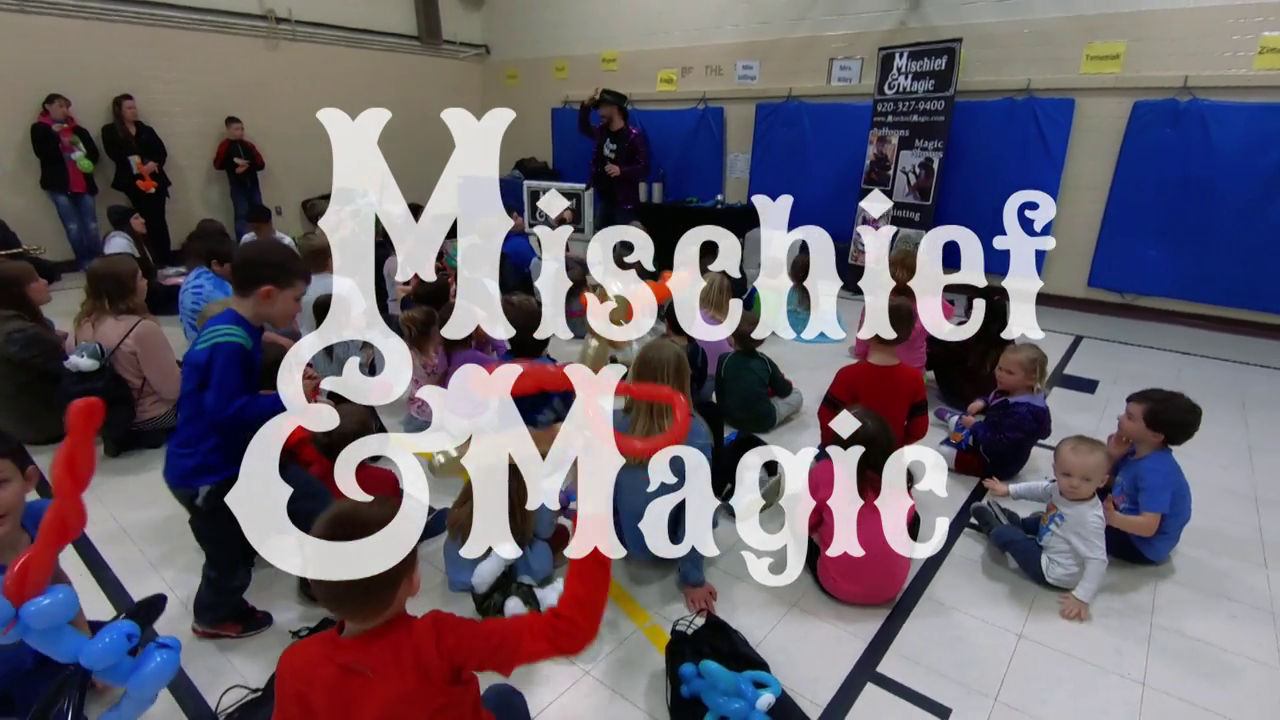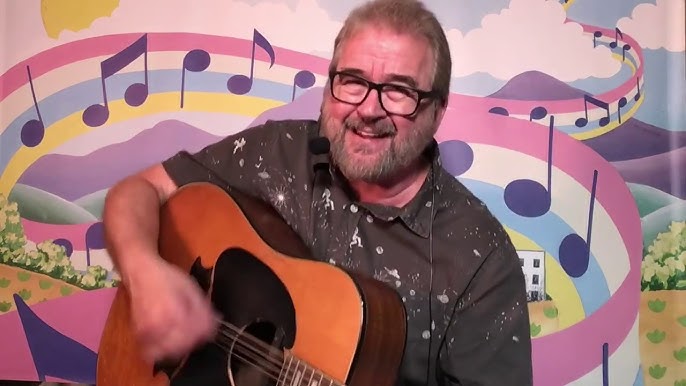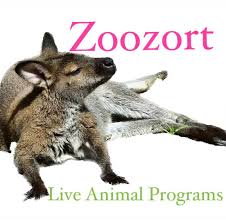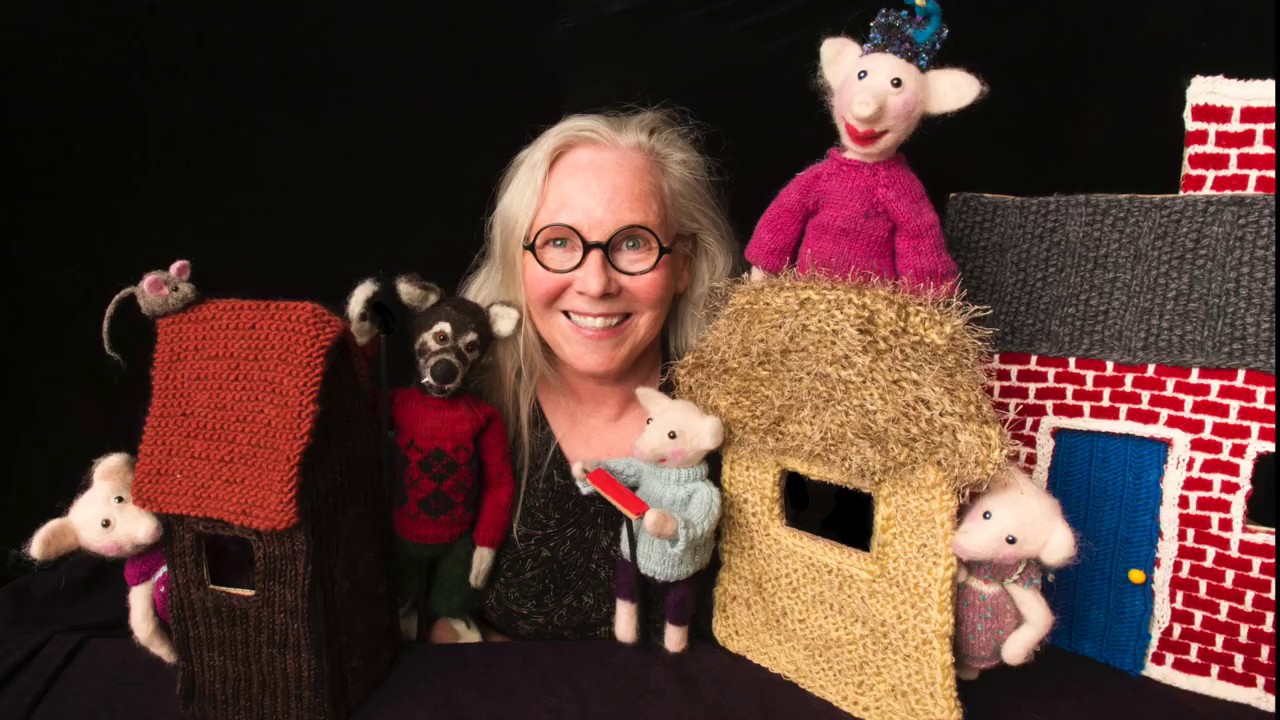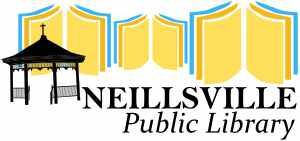
CHILDREN
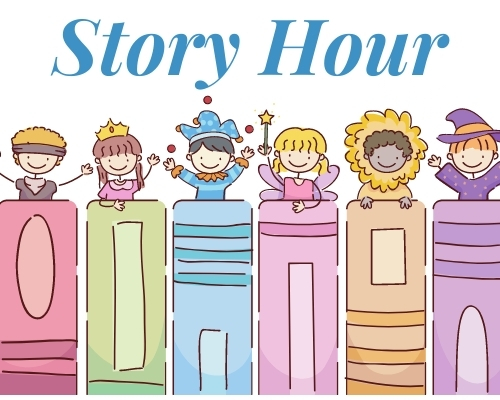
Spring Story Hour
Thursday mornings at 10:30 am
Focused for children ages 3 to 6, but everyone is welcome.
Check the blue bin for a craft,
- June 12
- June 26
- July 10
- July 24
Special Programs
Color our World at your Library Summer Reading Program
June 4, 2024, Kickoff Day - the first day of the Summer Reading Program. Children will be able to register and pick up reading record sheets until June 30. Children who sign up on this day will receive a special treat provided by the Clark County Dairy Promotion...
Neillsville Storybook Trail
You are invited to visit our brand new Storybook Trail!! Where: Schuster Park along the walking path What: Enjoy this new opportunity in our Schuster Park along the walking path as children of all ages experience the fun of reading and some trivia while walking along...

Summer Library Program 2025!
Summer reading can help children maintain valuable reading skills during the vacation period.
For readers ages 4-12.
- Children in the Summer Reading Program will commit to a summer reading goal.
- There will be nine weeks, from June 4 through August 6, to complete their reading goal for the summer.
- Children record the books they read or have read to them, during the nine-week session on the reading record.
- If the child achieves their goal, coupons will be given that are redeemable at area businesses.
Children who complete their reading goal will also have a chance to win a surprise.
Register.
Call or sign up in the library.
Performer Preview
Events & Activities
Performers will be outside in east parking lot.
Please bring a chair or blanket.
Programs are open to families and friends of all ages.
Please call the Library at 715-743-2558 with questions, or if you need accommodations.
June 4, 2024 “KICKOFF DAY”
The FIRST DAY of the Summer Reading Program. Those children who sign-up today will receive a special treat donated by the Clark County Dairy Promotion Committee. Children will be able to register and pick up reading record sheets until June 30.
Even if you do not sign up you can attend the programs.
June 11, 2024 1:00 pm Pam Corcoran-Puppeteer
Delivering the magic of storytelling to your local library. Traditional stories with a whimsical twist.
The Neillsville Public Library Foundation sponsors this program.
June 18, 2024 1:00 pm Magic of Isaiah
Get an interactive comedy magic show that will have your guests engaged, amazed & rolling with laughter!
Wisconsin Valley Library Service sponsors this program. It is open to the community.
June 25, 2024 1:00 pm ZooZort Live Animal Program
Zoozort provides educational and entertaining animal programs for a variety of occasions and events such as schools, libraries, festivals, scouts and camps.
The Neillsville Public Library Foundation sponsors this program.
July 2, 2024 1:00 pm Craft Day
Fun crafts to celebrate the Fourth of July. It is open to the community.
The Neillsville Public Library Foundation sponsors this program.
July 9, 2024 1:00 pm Randy Peterson-Songs & Storytelling
I am a singer, storyteller, and an educator. Through my music I pass on the joys of reading, the importance of friendship and the wonders of science. School students in my artist in residencies write songs that are positive and meaningful.
July 16, 2024 1:00 pm Mischief & Magic
We are a crew of artists that specialize in offering full-service entertainment for events and parties. We make sure to provide have a memorable experience. With our unique blend of creativity and imagination, we’re sure to leave a lasting impression on guests of all ages.
July 23, 2024 1:00 pm Craft Day
Various crafts available to make or pick up at the library.
July 30, 2024 1:00pm Jeff McMullen-Comedy & Magic
Comedy magic, plate spinning, juggling, audience participation, and lots of laughs!
The Neillsville Public Library Foundation sponsors this program.
Sponsors
Neillsville Subway
Strike Time Lanes
Hansen’s IGA
Neillsville Recreation Department
Pizza Hut
Marathon Station
Love + Flour Bakery
Kwik Trip
Clark County Dairy Promotion Committee
Neillsville Public Library Foundation
Wisconsin Valley Library Service
Why Read Over the Summer?
The reading skills of children decline if they do not read over summer break, similar to playing an instrument, or not playing an instrument for three months. Those that read will be more likely to be on target or ahead of their peers. Studies show that reading skill loss is long-term and cumulative, each year widening the child’s skills gap.
Kids can read a variety of print materials, including comics and magazines that they find interesting, as long as they’re reading during the summer. The National Institute of Health states, “when children become good readers in the early grades they are more likely to become better learners throughout their school years and beyond.”

